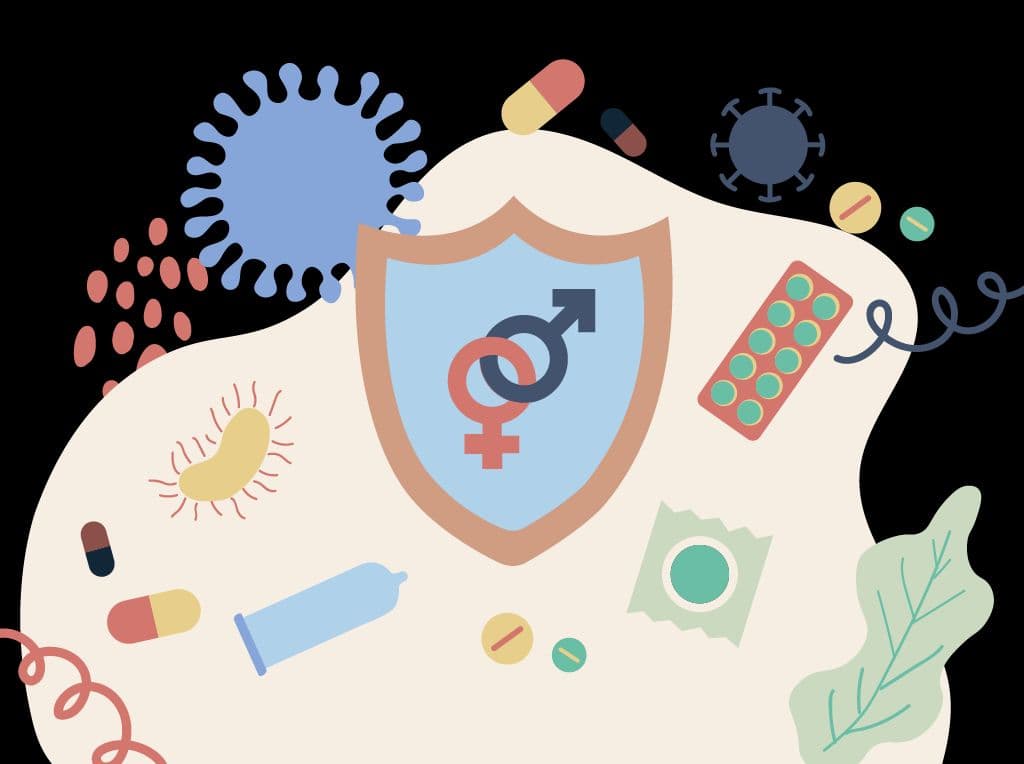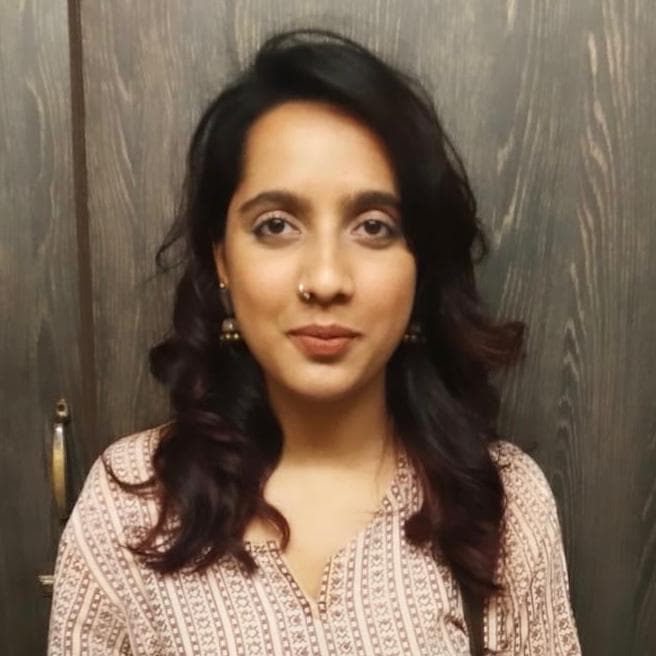The Community
LGBTQ+ is an acronym for Lesbian Gay Bisexual Transgender Queer (or Questioning) Intersex Asexual people. The + denotes any other communities which don’t fall under LGBTQIA and includes those communities that may be included in the future. LGBTQ+ community is a wide community of different types of identities ranging from sexual identities to gender identities. Lesbian, Gay and Bisexual belong to sexual identities while trans people belong to gender identities. This blog talks about the healthcare barriers that affect the pride community and measures we can take to prevent the same.
The stigma around sexual health
Youngsters in India do not get access to sex education in schools or otherwise. A mention alone is enough to get ‘oohs’ and ‘ahs’ from the family. The feeling that sex is to be discussed only behind closed doors makes it difficult for open discussions with doctors or counsellors for more information. If they are not informed on safe sexual practices and consent, it will lead to bigger issues later. A healthy discussion on sexuality and gender will help them understand each other better.
Women who have sex with women, bisexual, pansexual and queer women often find it difficult to find information about sex and sexual health relevant to them, because most of the information is aimed at heterosexual couples or gay and bisexual men. T Qualitative research and knowledge building about sexual and reproductive healthcare among various subgroups of the LGBTQ+ community is urgently required for a better implementation of public health programmes.
Sexual stigma can:
● affect one’s income, whether they can get or keep a job,
● limit their access to high-quality health care
● add to poor mental health and poor coping skills
● affect their ability to have and maintain long-term relationships
● make it harder for them to be open about their sexual orientation, which can increase stress, limit social support, and negatively affect their health.
Therefore, it is necessary to dispose of the stigma surrounding sex.
Prevalence of STI
The LGBTQIA+ community faces discrimination and violence just because of who they are. Vulnerability and a lack of understanding and acknowledgement of their sexual reproductive health needs and concerns put this population at a higher risk of contracting STIs. It is shocking to note that even today, a certain community is still not included in the government HIV policy. It is sad to say that some doctors behave insensitively towards them and their needs. A study conducted showed that Hijra people have a higher chance of contracting HIV. The discrimination they face makes them unable to see doctors.
Fear of mistreatment
Fear is the biggest barrier when accessing sexual health services. The transgender community may prefer not to show genitalia to doctors fearing the reactions from doctors/health care providers. On the other hand, some health care providers may be transphobic and avoid treating transgender individuals, due to uninformed biases around the community. Misgendering is a common occurrence with health care practitioners, who may not know or use the correct pronouns. There are cases when healthcare practitioners may even refuse to treat members of the transgender community or use birth names they no longer associate themselves with which can cause them great distress.
For many individuals born intersex, elective surgeries are usually done on them as babies and children, without their informed consent. These surgeries can put patients at risk of unnecessary harm. The end goal is also never that an individual will become a sexually satisfied person. Many intersex individuals who have had unnecessary elective surgeries, may not be able to feel anything sexual in their genitalia or even feel pain, which is a violation of their rights.
Medical Gatekeeping
Healthcare practitioners, such as general doctors, gynaecologists etc, should make their spaces welcoming and safe for LGBTQIA+ patients. They are unaware of the treatment plans and how to approach them. Sensitising the medical community about the community’s needs can prevent medical gatekeeping. Medical gatekeeping is the practice of denying medical facilities to the LGBTQIA+ community just because of their sexual or gender identity.
An inclusive office can visually be created by including posters, leaflets and educational materials about specific LGBTQ+ health care concerns. Forms can be made to be inclusive, with the gender option being left open, as opposed to choices with just ‘man’ and ‘woman’, and sexual orientation can also be included (but not mandatory or with a ‘prefer not to say option). It is also extremely important to avoid asking unnecessary and intrusive questions, which do not serve any purpose during the appointment.

Breaking the walls
Healthcare providers can follow some simple steps to make seeking medical care a safe experience for the community:
1. Ask everyone their name and pronouns.
2. Ask about sexual history and not marital status.
3. Understand about the community they belong to
4. Familiarise themselves with their language.
5. Admit them to a ward (male/female) of their choice.
6. Be sensitive when performing physical examinations, as this may trigger their fear of being judged.
7. Don’t force them to show their genitalia if they are uncomfortable.
Read Also: ABC’s of an Inclusive Practice
The Final Word
Although some people have come to accept the LGBTQ+community, many are still on the fence. We should try to inculcate the mindset to listen to them and make them feel heard and accepted. A person’s sexual identity or gender should not be used to ridicule them. Understanding barriers was step one, next is to dismantle it brick by brick and build together a setup that provides an affordable and caring healthcare system. Let’s strive for a better inclusive future!
We at Proactive strive to create a safe space for all to attain their healthcare needs. Our healthcare professionals undergo training to update their knowledge about the community and their requirements. We hear you and we promise to be there for you. Click here to know more about our STI Testing
Disclaimer: This information is educational and should not be construed as medical advice. Please consult your doctor before making any dietary changes or adding supplements.
Proactive For Her is a digital clinic for women, offering accessible, personalised, and confidential healthcare solutions. We offer out-patient care, diagnostic services and programs for various health concerns of Indian women, across their lifetime - from puberty to pregnancy to menopause.

